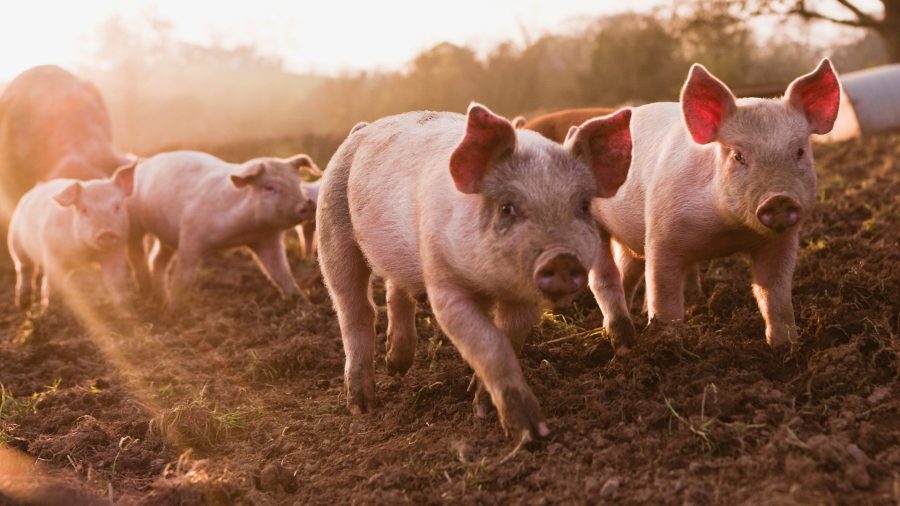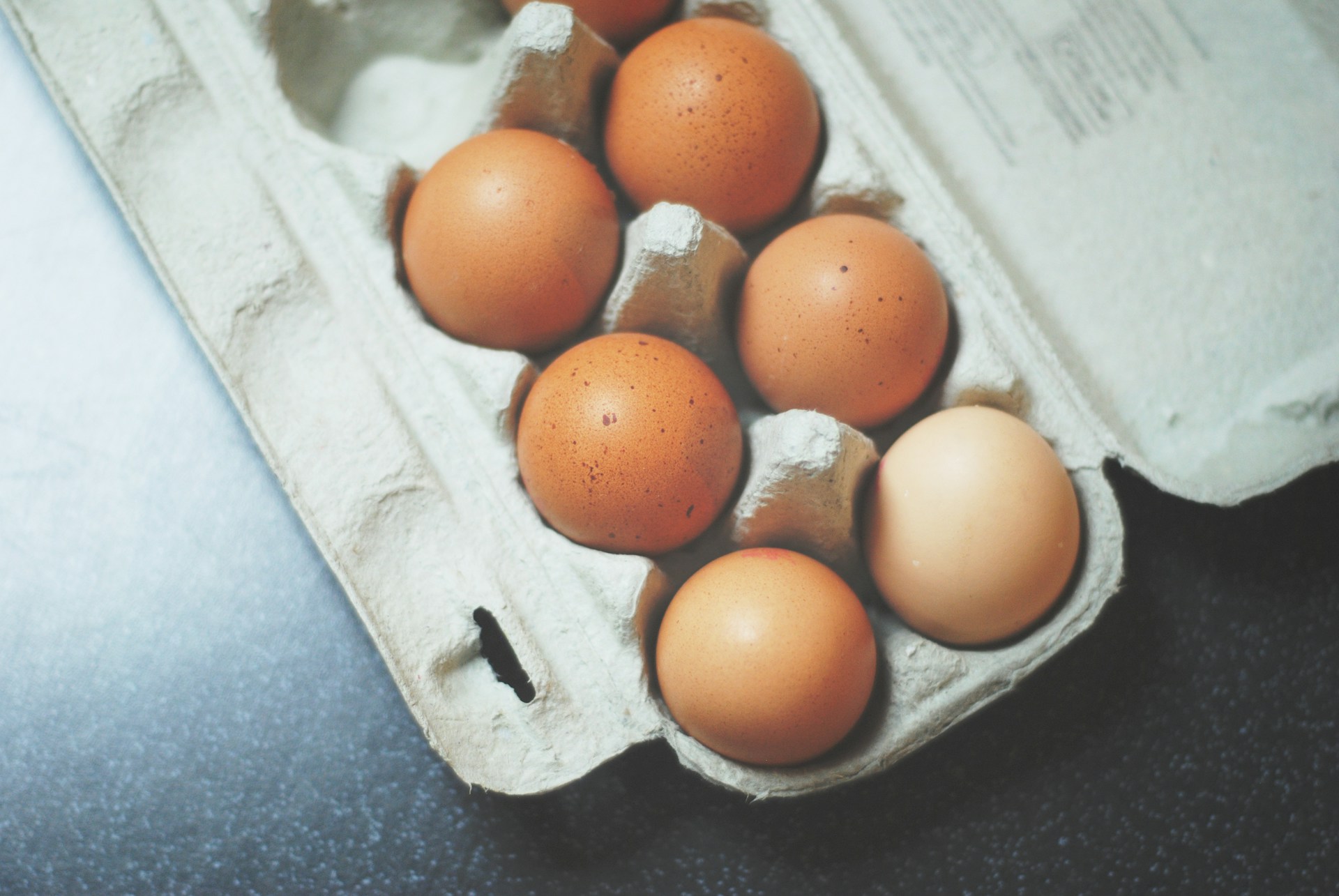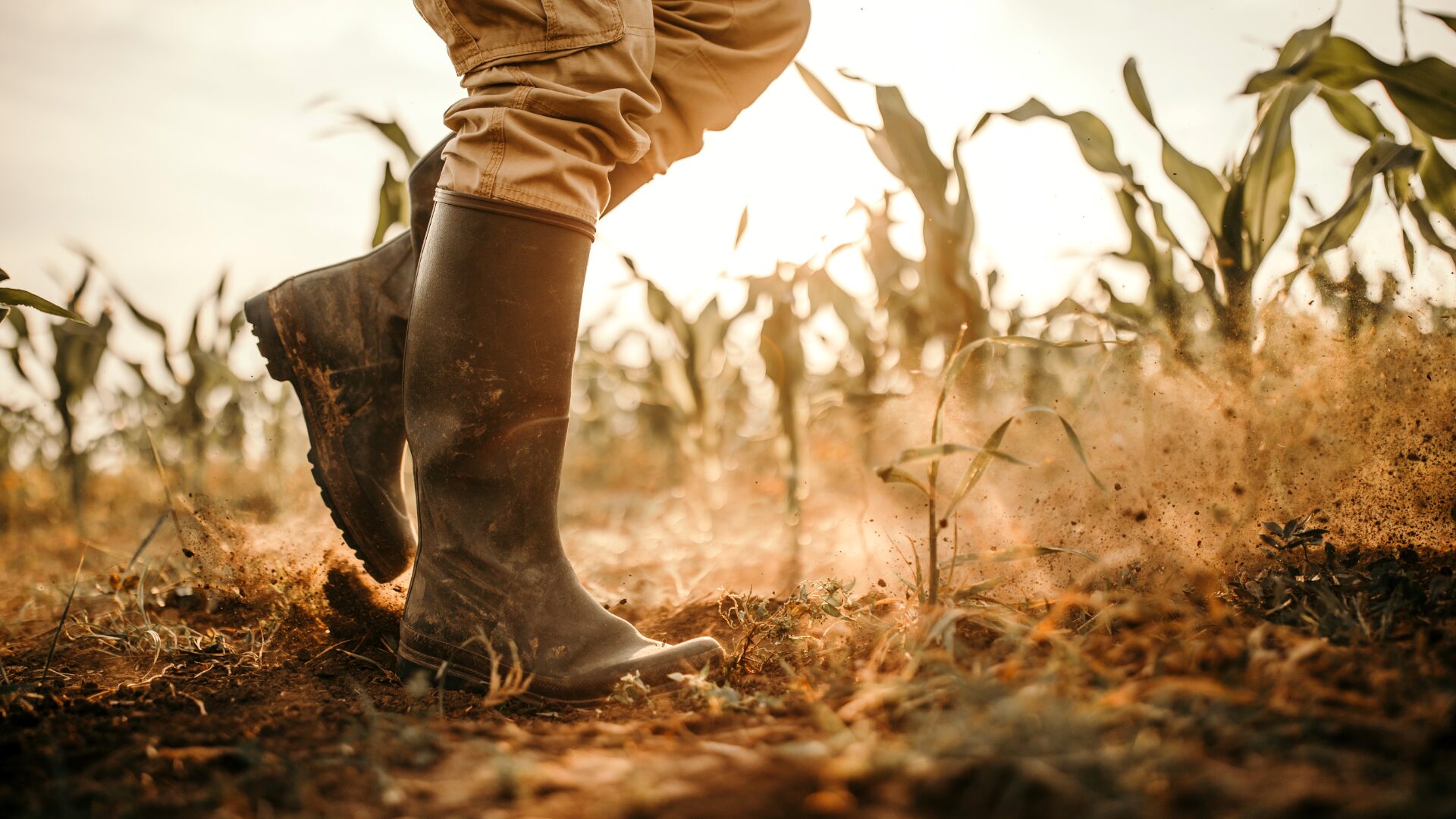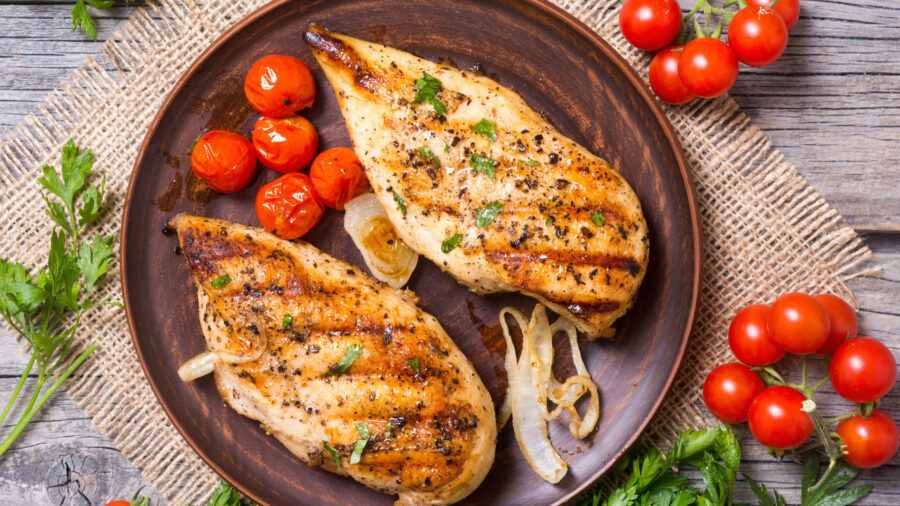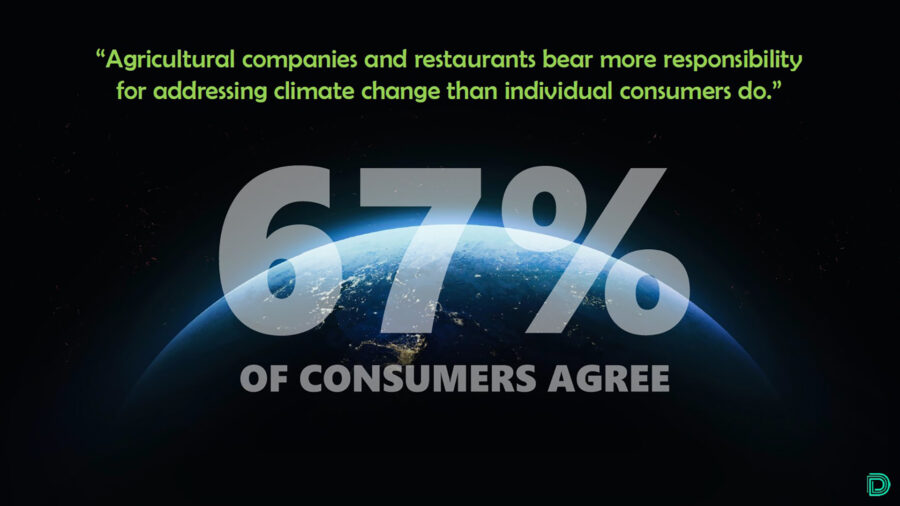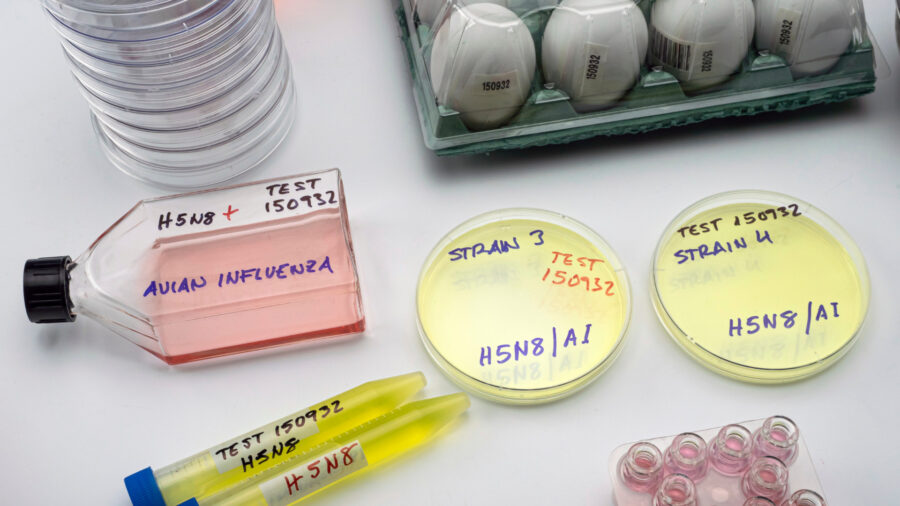Iowa Sen. Chuck Grassley has called on the U.S. Supreme Court to review California’s Proposition 12, which prohibits farm animals from being raised under cruel conditions. The rule applies to chickens, eggs, veal and pork consumed in California – even if it’s been produced elsewhere, with pork producers taking the brunt of the impact.
It’s been more than three years since California voters adopted Prop 12, but the state’s Department of Food and Agriculture has yet to come up with a final set of rules.
“Iowa is the nation’s top pork producer. California comes nowhere close, yet its proposed regulations put restrictions on how pork producers in all other states raise hogs,” Grassley wrote in an op-ed for the Des Moines Register (Jan. 6).
“For every pig raised in California, 235 are raised in Iowa. With California’s lack of production, I’m baffled that the Golden State should have any say in how Iowa hog producers raise pigs.”
The law required that by Jan. 1, 2020, egg-laying hens have 144 square inches to themselves and calves raised for veal be housed with a minimum of 43 square feet per calf. The egg and veal industries have largely complied.
Stephen Wells, executive director at the Animal Legal Defense Fund, argues Prop 12 was inevitable as the public increasingly rejects cruelty to animals.
“There is significant evidence that the prohibited confinement conditions — in which the animals live in and above their own waste – breed disease, infection and pathogens that not only harm the animals, but also raise the risk of public health crises,” Wells wrote in a Des Moines Register op-ed.
“If that were not enough, the intensive confinement of thousands of animals on industrial farms is also a major contributor to the climate crisis. Such operations produce thousands of gallons of pathogen- and pharmaceutical-laden waste. …”
“Since laws like … Prop 12 have taken effect, the landscape for animals has changed dramatically,” the Humane League wrote on its website, noting sows now have protections in Colorado, Michigan, Oregon, Massachusetts, Rhode Island, Arizona, Ohio, Maine and Florida.
The National Pork Producers Council, the American Farm Bureau and the North American Meat Institute sued trying to delay implementation of the law.
A rule that was to have taken effect Dec. 31 required breeding pigs to have no less than 24 square feet of usable pen space, but California agriculture officials on Dec. 3 issued a revised list of regulations, leading producers to argue final rules were not yet in effect, and they should have the same amount of time between finalization and implementation as would have been the case with the first set of regulations – 28 months.
A Jan. 21 ruling, however, gives the state just two more months to finalize its rules, gives producers 180 days to comply and prevents the state from imposing any fines in the interim. Massachusetts has a similar confinement law, the effective date of which has been delayed until Aug. 15.

Sacramento County Superior Court Judge James P. Arguelles said in his ruling that though hog producers were entitled to a delay, 28 months was too much. But he left them an out, saying they could return to court after the final rules take effect.
“Judge Arguelles’ decision recognizes the complexity of the pork supply chain and the burdensome and costly provisions of Prop 12,” Julie Anna Potts, president and chief executive officer of NAMI, said in a press release. “To enforce the law without final regulations leaves the industry unsure of how to comply.”
AFBF President Zippy Duvall said the law both puts unfair pressure on retailers and removes farmers’ flexibility.
“Small farms across the country will be forced to make expensive and unnecessary changes to their operations, which will lead to more consolidation and higher food prices for all of America’s families,” Duvall said in a press release.
Aaron Lower of Carthage Veterinary Service wrote in the National Hog Farmer (Jan. 26) that Prop 12 will have a huge impact on hog production, adding $6 to wean a pig if inventories remain stable and $11 if farmers are forced to reduce inventory. He said some farmers may be forced to develop gilt operations offsite.


